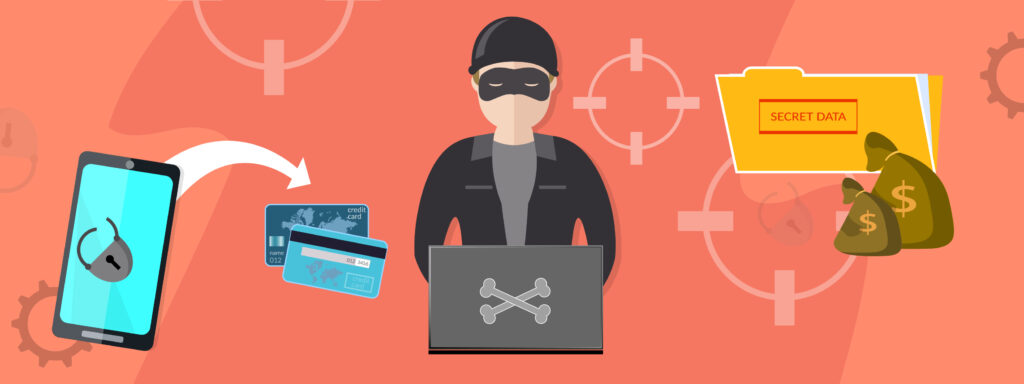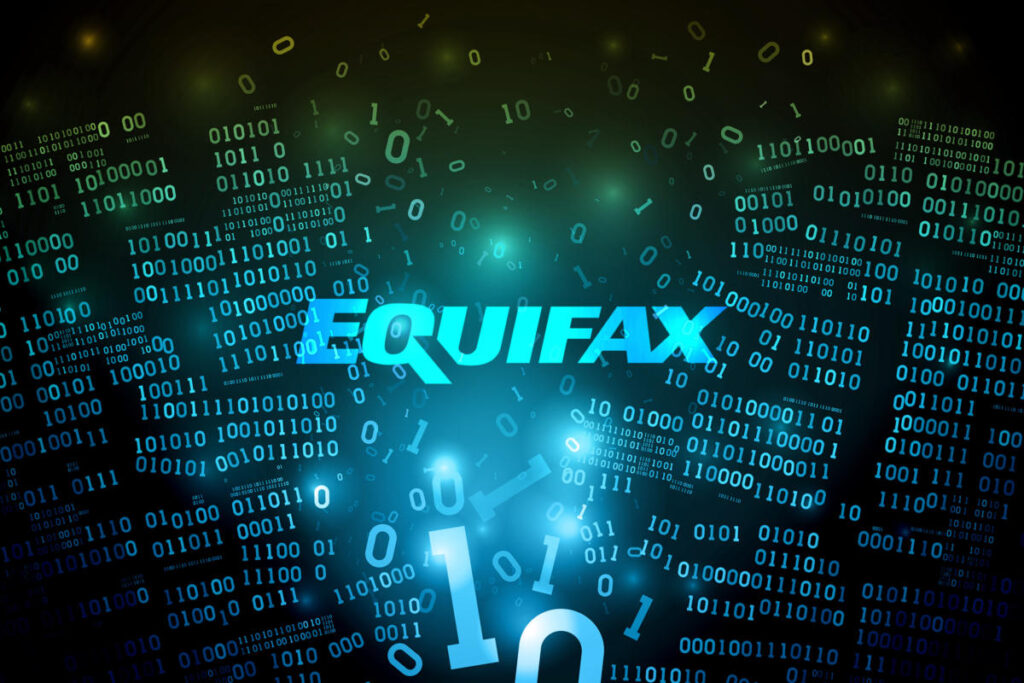
How to Safeguard Your Information on Web? – 2024 Guide
Have you ever lost your wallet? Thrown bills in the trash? Or shopped at one of the hundreds of stores affected by a data breach?
According to a recent study, data breaches left 158 million Social Security Numbers exposed in 2017.
That means that almost 1 in 2 Americans could be a victim of identity theft. It could be you. But how would you know?
Identity thieves stay in business by operating in the shadows. If you learned that your identity is compromised, you could lock down your accounts. Cyber-criminals want to make sure that never happens, so they work very hard to make sure that you never find out. Meanwhile, they could be stealing hundreds — or even thousands — from you.

If identity theft isn’t caught in time, you might never get that money back.
Data breaches are on the rise. From 2016 to 2017, data breaches increased by a staggering 44% — and it’s set to increase again. Giant companies, like Target and Equifax, have already been hacked. Anyone could be next.
Hackers take your exposed information and sell it on the Dark Web. A Dark Web black market is like eBay for criminals — and your identity is on the auction block.
So how can you find out if you’re compromised?
The Biggest Signs of Identity Theft

- There are unexplainable charges on your credit card bills or bank statements
- You’ve been receiving calls from debt collectors and you don’t understand what they’re referring to
- Your bank account suddenly has several withdrawals that you or your significant other can’t explain
- Your bills, credit card statements, and other mail either doesn’t arrive or goes missing
- Your checks bounce, and/or merchants refuse your checks
- Your credit report contains unfamiliar accounts and charges that you don’t recognize
- You’ve received a medical bill for a service that you didn’t need or use
- Your health plan or insurance rejects a legitimate claim because according to the records that they have, you’ve reached your benefits limit
- You can’t get health insurance coverage because your medical records show a condition you don’t have
- You receive a notification from the IRS that they have received more than one tax return under your name or social security number
- The IRS notifies you that you have an income from an employer that you don’t work for
- You receive a notice from a business, bank, or employer that they’ve experienced a data breach and your information may be hacked or compromised

If any of these signs sound familiar, it’s very important that you secure your financial accounts and make sure that your data and personal information has not been compromised by a cyber thief or hacker.
If you’re unsure about how secure your identity is, there are tools and tricks you can use to lock down your accounts and stay safe.
One of the easiest ways to tell if you’ve been hacked is when you receive a notification from a business or bank that they’ve experienced a data breach. Unfortunately, many businesses take a long time to notify their customers that they’ve experienced such an attack.
For instance, the Equifax data breach was one of the largest and most significant data breaches of all time. In September of 2017, hackers managed to gain unauthorized access to Equifax servers and steal the personal data of 147 million people. This data included sensitive information that included names, home addresses, phone numbers, dates of birth, social security numbers, and driver’s license numbers. The credit card numbers of approximately 209,000 consumers were also stolen in this cyber attack.

You’d think that Equifax would immediately alert these 147 million customers that their data had been stolen so that they might protect themselves, but shockingly it took Equifax six weeks before they made an announcement and alerted millions of people that cyber thieves had complete access to their personal information.
Worse yet, Yahoo encountered a major data breach in 2013. Hackers managed to steal names, email addresses, phone numbers, hashed passwords, dates of birth, and security questions and answers, some of which were unencrypted. Yahoo officials said it doesn’t believe that bank account data, payment card data, or unencrypted passwords were stolen but at any rate, a huge treasure trove of data flooded onto the dark web for thieves to barter and sell at will.
A Dark Web search on a website like Instant Checkmate can help you identify whether or not your information has been hacked or stolen — and you could be alerted weeks before an “official” announcement is made.
You don’t need to be in the CIA or be a hacker to use a service like Dark Web Monitoring. It works by deploying search bots into the Dark Web — where this information is usually stored or deposited. If it finds any matches to your name, email address, Social Security Number, passwords, addresses, or other Personally-Identifying Information, it will send you an email alert so you can lock down your account.

You might shrug and think “so what?” if you discover that some of your personal information — like a Social Security Number — is stolen. But did you know about the following ways a criminal and identity thief can use it?
With your Social Security Number, someone can:
- Apply for a job
- Open a bank account
- Sign up for a credit card
- Apply for a passport
- File taxes
- Enroll in health insurance
- Get a driver’s license
Racking up thousands of dollars worth of debt in your name is one way someone can ruin your life by stealing your identity. They could also destroy your credit score, which may take you decades worth of work in order to repair it. Someone could also use your information to obtain medical services, making it difficult for you to get insurance in the future.
There have even been cases where someone with a stolen identity has gone on a crime spree, leaving their victim shocked to discover that there are several warrants for their arrest pending.
That’s why it’s so important to safeguard your information, and stay on top of news about potential data breaches that could affect you.




